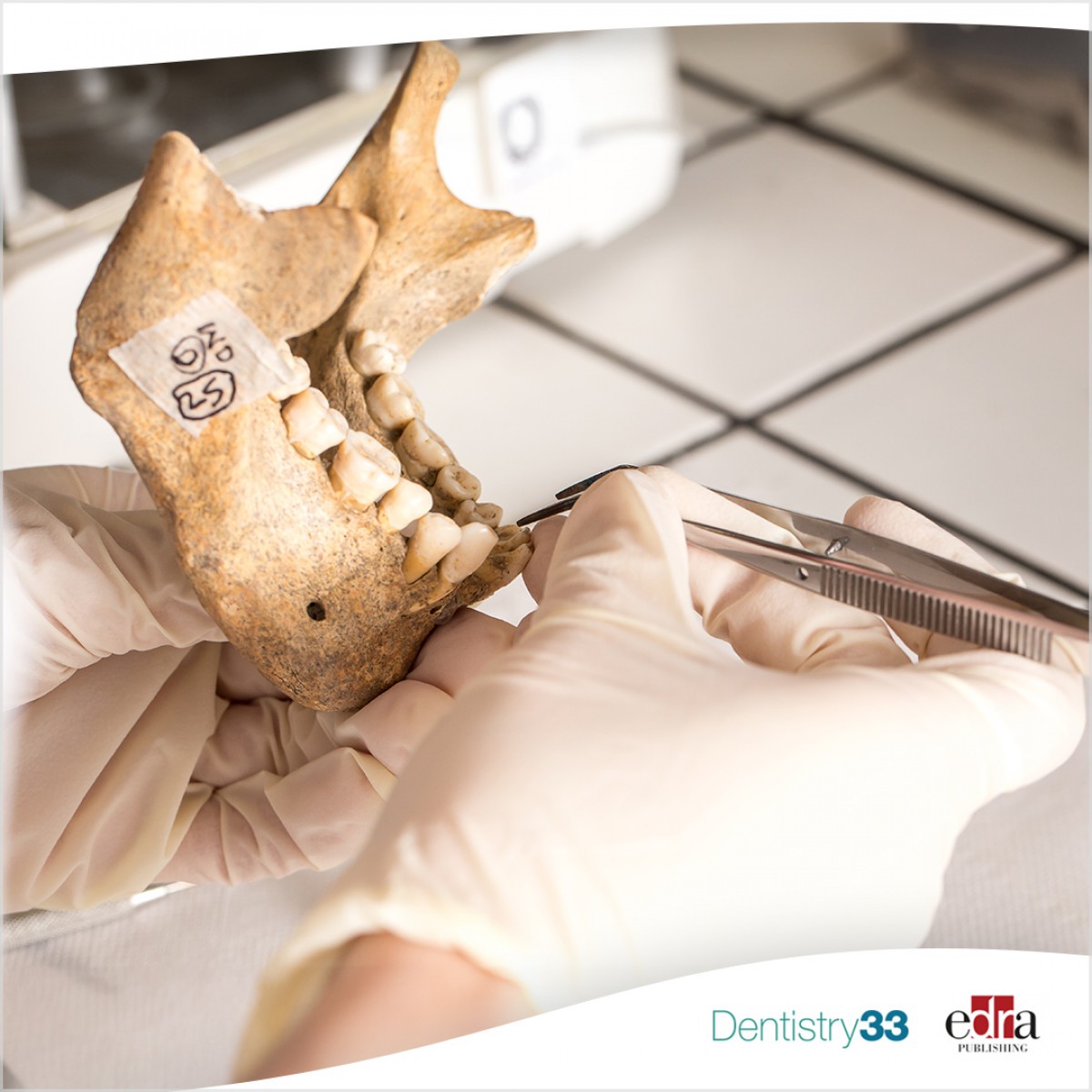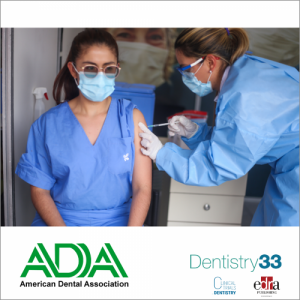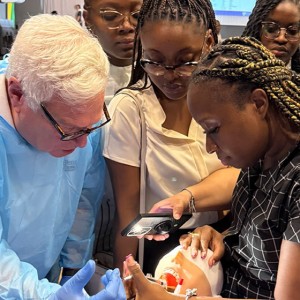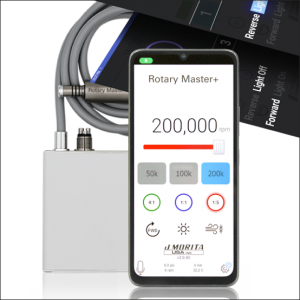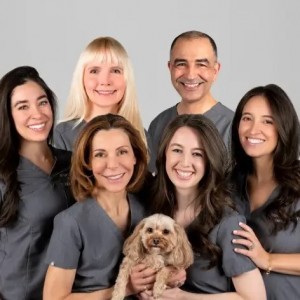
Teeth could preserve antibodies hundreds of years old
Teeth could be capable of preserving antibodies for hundreds of years, allowing scientists to investigate the history of infectious human diseases, a new study has found. The research was highlighted in the British Dental Journal.
Antibodies are proteins produced by the immune system as a natural response to infectious organisms like viruses and bacteria. Their job is to recognize those microbes so that the immune system can attack them and clear them from the body.
In a new paper published by iScience, antibodies extracted from 800-year-old medieval human teeth were found to be stable and still able to recognize viral proteins.
The study, led by Professor Robert Layfield and research technician Barry Shaw from the School of Life Sciences, University of Nottingham, in collaboration with Professor Anisur Rahman and Dr. Thomas McDonnell from the Department of Medicine at University College London, expands the study of ancient proteins, referred to as paleoproteomics, potentially allowing experts to analyze how human antibody responses developed through history.
Paleoproteomics can reach back into deep time, with ancient proteins already successfully recovered and identified after preservation in 1.7-million-year-old dental enamel from an ancient rhinoceros and an ostrich eggshell more than 6.5 million years old. In this new study, the authors also found preliminary evidence that, like the medieval human teeth, mammoth bones nearly 40,000 years old appear to preserve stable antibodies.
This science has previously been applied by the Nottingham team to analysis of other disease-associated proteins recovered from archaeological human bones and teeth to allow identification of an unusual ancient form of the skeletal disorder Paget's disease.
Layfield said in the news story that in discovery science, researchers come to expect the unexpected, but the realization that intact, functional antibodies can be purified from skeletal remains in the archaeological record was quite astonishing.
"Some ancient proteins were known to be stable, but these tend to be 'structural' proteins such as collagens and keratins, that are pretty inert," he said.
Rahman said that antibodies are different because the team was able to test whether they can still do their job of recognizing viruses or bacteria even after hundreds of years.
"In this case we found that antibodies from medieval teeth were able to recognize Epstein-Barr virus, which causes glandular fever," he said. "In the future it could be possible to look at how antibodies from ancient specimens react to diseases present during those periods, such as the Black Death."
Read the original story on the BDJ site.
"Teeth could preserve antibodies hundreds of years old." Br Dent J 235, 308 (8 September 2023). https://doi.org/10.1038/s41415-023-6302-y
 Related articles
Related articles
Researchers at the Francis Crick Institute have identified three 4,000-year-old British cases of Yersinia pestis, the bacteria causing the plague. This is the oldest evidence of the plague in Britain...
This policy statement from the FDI seeks to cover the important role of vaccines in protecting all members of the dental team against infectious diseases.
The Blind Spot 02 March 2022
Coalition urges lawmakers to prioritize student loan repayment for infectious diseases workforce
Letter asks Senate to include text from Bolstering Infectious Outbreaks Preparedness Workforce Act in pandemic preparedness legislation
The American Dental Association and other stakeholders are asking lawmakers to include a new student loan repayment program proposal in pandemic preparedness legislation.In a Feb. 4 letter to Senate...
Market 23 August 2021
The ADA is recommending dental professionals to get vaccinated for COVID-19, besides other infectious diseases.
Editorials 14 November 2025
Penn Dental Medicine shared its expertise in caring for persons with disabilities with dental care providers from throughout Jamaica at a 1 ½ -day hands-on continuing education program, held October...
 Read more
Read more
Oral pathology 25 November 2025
Virtual microscopy (VM) is a technology for showing microscope slides using computers and could be considered a progression of classic methodology using optical microscopes.
For every assist this season, the insurance provider will donate $25 to TUSDM Cares for Veterans
Products 25 November 2025
J. MORITA USA, a world leader in handpiece technology, has announced the Rotary Master+ Electric Motor. Compatible with Morita TorqTech electric attachments and most competing electric handpieces on...
News 25 November 2025
Let’s be honest: nothing kills the vibe quite like bad breath. However, while 85% of people prefer for someone to tell them if their breath needs some freshening up, only 15% are willing to break...
News 25 November 2025
Vitana Pediatric & Orthodontic Partners (Vitana), a dentist-led dental partnership organization (DPO) focused exclusively on elite pediatric dental and orthodontic practices with operations in...


